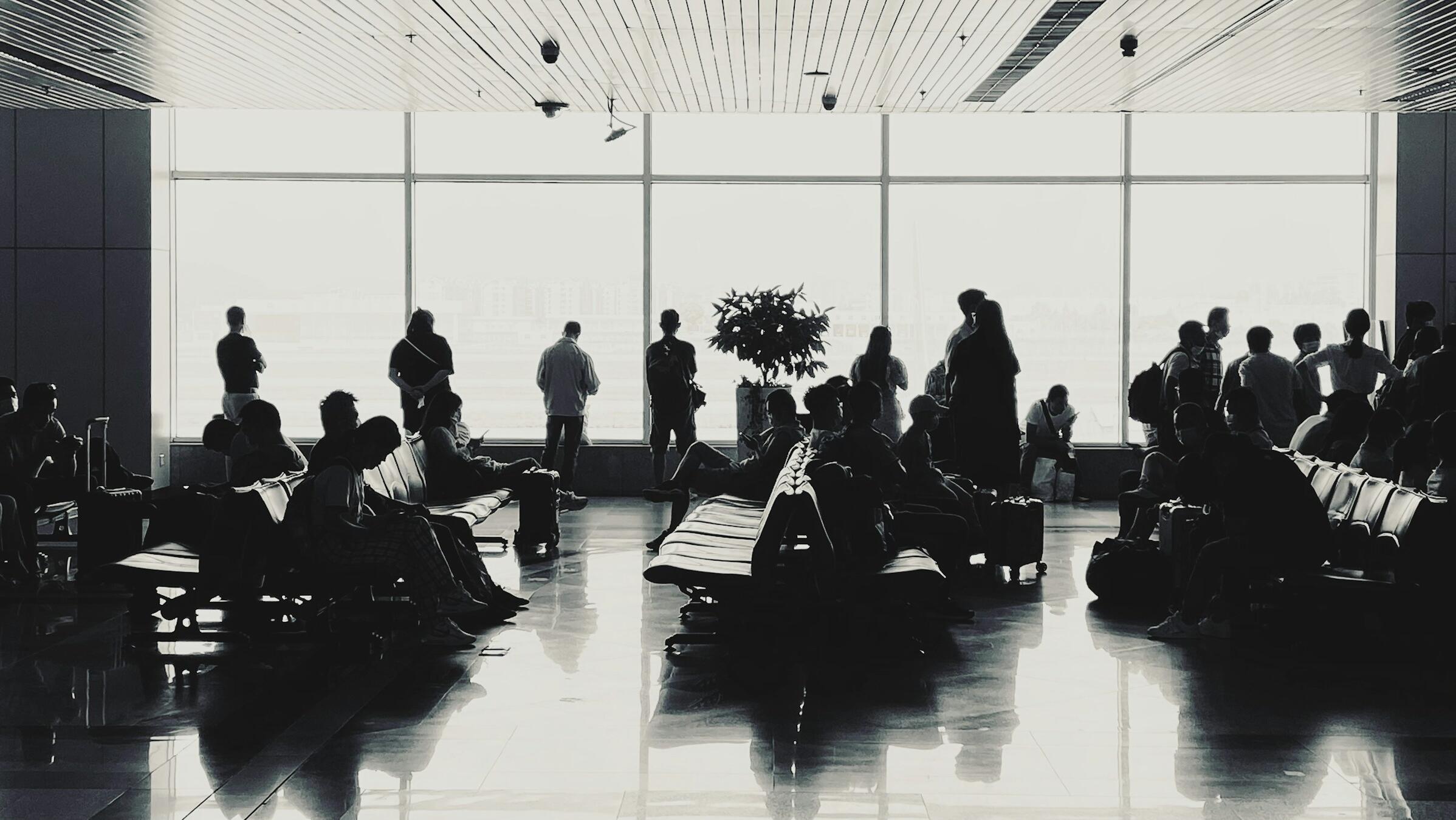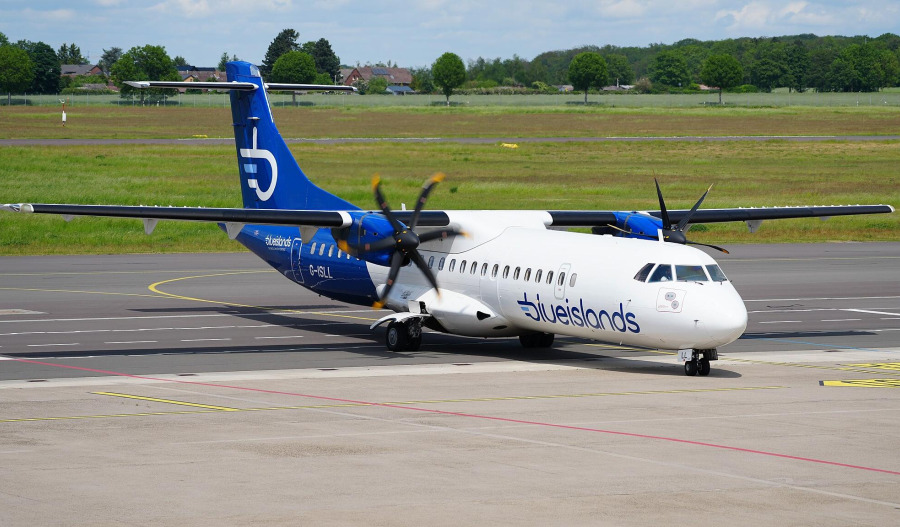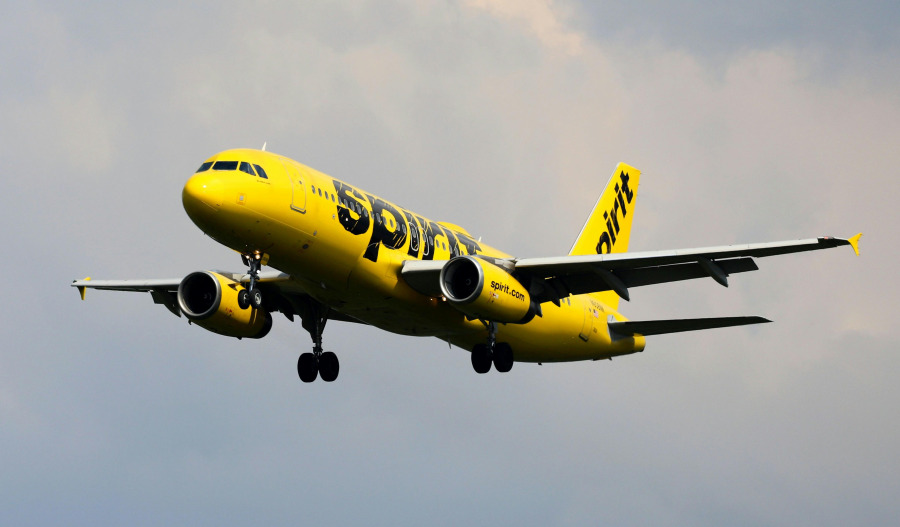The United States is scrapping its plans to require airlines to reimburse passengers for flight delays, as it moves to cut regulations on the air travel industry.
The U.S. Department of Transportation will withdraw a rule proposed in December that would have required alines to pay passengers at least US$200 for domestic delays over three hours. The rule had not entered into effect.
“Consistent with Department and administration priorities, the Department plans to withdraw the ANPRM [Advanced Notice of Proposed Rulemaking],” the Department of Transportation wrote in a regulatory filing. The department is reconsidering regulations that go beyond what Congress has required, a spokesperson told CBS News.
Under the proposed rule, airlines would have to pay at least $200 for domestic delays lasting three to six hours, $375 to $575 for delays of six to nine hours, and $750 to $775 for delays over nine hours.
It also would have required free rebookings for any flight delay or cancellation caused by non-weather issues. The proposal was initially submitted for public comment on 5 December.
“We are encouraged by this Department of Transportation reviewing unnecessary and burdensome regulations that exceed its authority and don’t solve issues important to our customers,” said industry group Airlines for America, which represents carriers like American Airlines and United Airlines.
“This rule would not only have put real cash back in your hands for badly delayed or cancelled flights, but would have resulted in far fewer delayed and cancelled flights in the first place,” wrote former White House National Economic Council deputy director Bharat Ramamurti.
The U.S. Bureau of Transportation Statistics reported that 78.08% of flights were on-time in the first five months of 2025, with 6.06% of flights subjected to air carrier-related delays.
The department is also weighing rescinding regulations that would require airlines to disclose service fees upfront, it said. These rules have been paused since March after several major airlines and industry groups filed a legal challenge.
Related content



